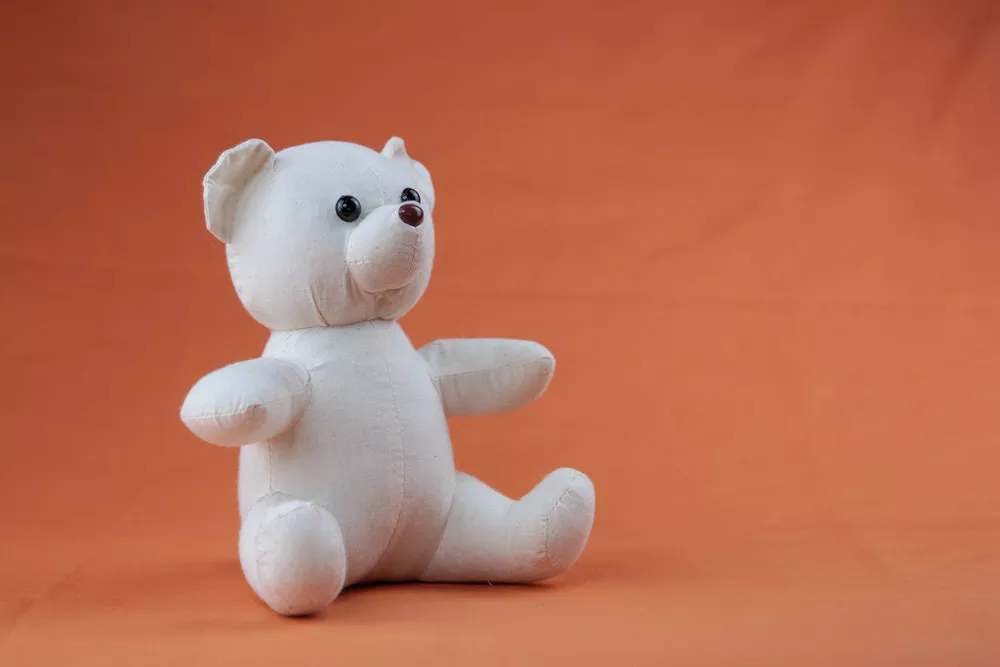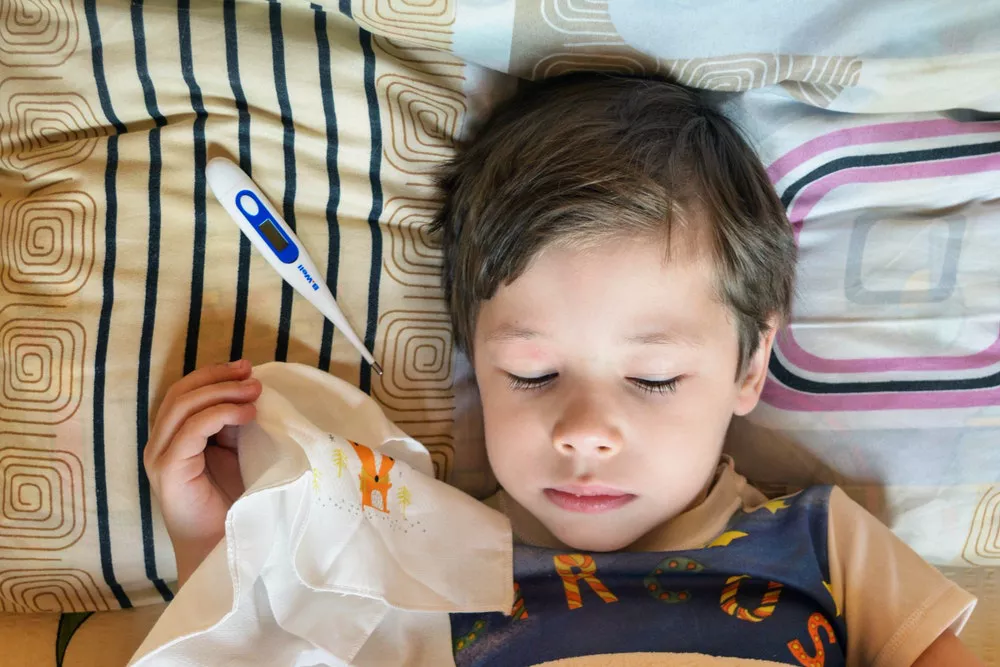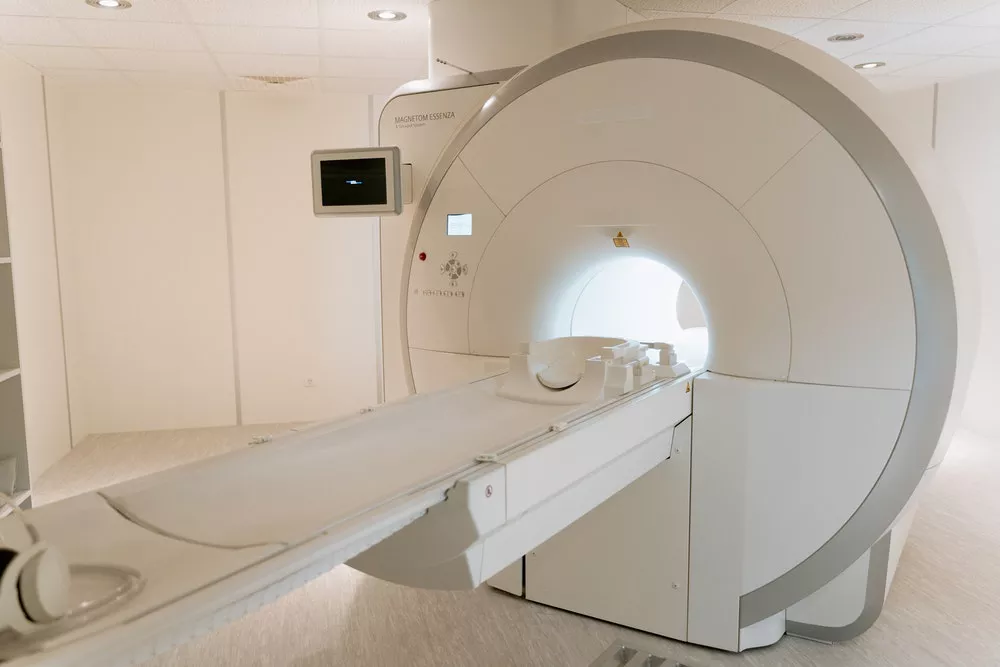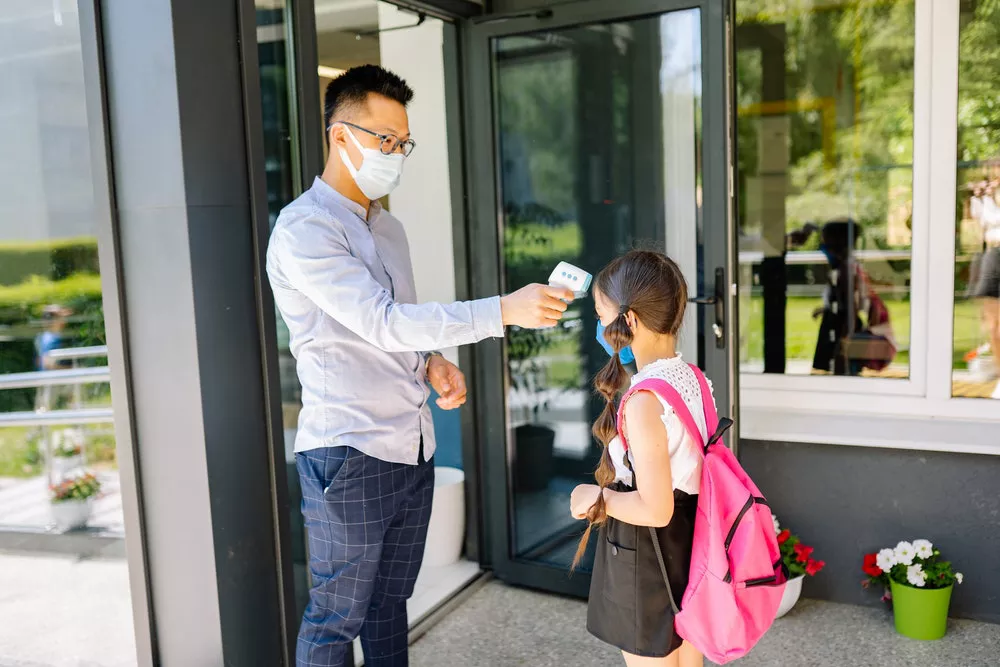What are febrile convulsions?
Febrile convulsions are fever-induced cramps which occur mostly during the temperature rise stage and literally whenever the body temperature is above 38 degrees.
However,the pathogenesis of febrile convulsions is not clear, studies suggest that they are mainly controlled by genes. In addition, febrile convulsions occur most often in children between 6 and 60 months of age, which may be related to the immaturity of the children's nervous system.
How to deal with febrile convulsions?
Febrile convulsions mainly behave as rigidity, twitching of the limbs, rolling of the eyes, unconsciousness, and even foaming at the mouth and incontinence, which may make parents with excessive fear.
The correct approach is to first place the child in a safe and open place, preferably lying down.Secondly,you should untie the child's collar to open the airway, and then let the child's head tilt to the side to prevent choking and asphyxiation during vomiting.
Attention please,never put anyting or medicine into the child's mouth.Forcing open the tightly closed mouth will damage to children, while putting hard foreign matter may also block the airway which can cause asphyxiation. So if there is something in the child's mouth during a convulsion, it should be removed gently.
Experienced parents should make use of their cell phones to record their children's convulsions for doctor's professional opinion.Most febrile convulsions are short-lived, with 90% of them resolving spontaneously within 5 minutes.
If spasm last longer than 5 minutes, parents need to seek medical attention or call 120 for help. Children with a history of febrile convulsion lasting more than 30 minutes should be sent to hospital as soon as they have another attack.
How can febrile convulsions be prevented?
There are two types of febrile convulsions: simple and complex, 98% of which are simple type,which do not cause harm to the children and do not require ang special treatment or prevention neither. Only children with complicated convulsions have a slightly higher risk of developing epilepsy in the long term than the general population, but this is determined by genetic qualities, whose trend will not be changed by medication.
Antipyretics do not prevent the occurrence of febrile convulsions due to the fact that the younger the age at which febrile convulsions occur and whose family members with a history of febrile convulsions, the greater the likelihood of reoccurrence of convulsions. Parents cannot change the genes,all they can do is wait until the child reaches 3 years of age and then the chances of having a convulsion will decrease.
If a child younger than 1 year of age has febrile convulsions with every fever, or if the child has complex febrile convulsions-that is, localized, asymmetric convulsions lasting longer than 15 minutes; repeated convulsions within 24 hours-whether prophylactic- antiepileptic drugs are needed will need to be evaluated by a pediatric neurologist before a decision can be made.




